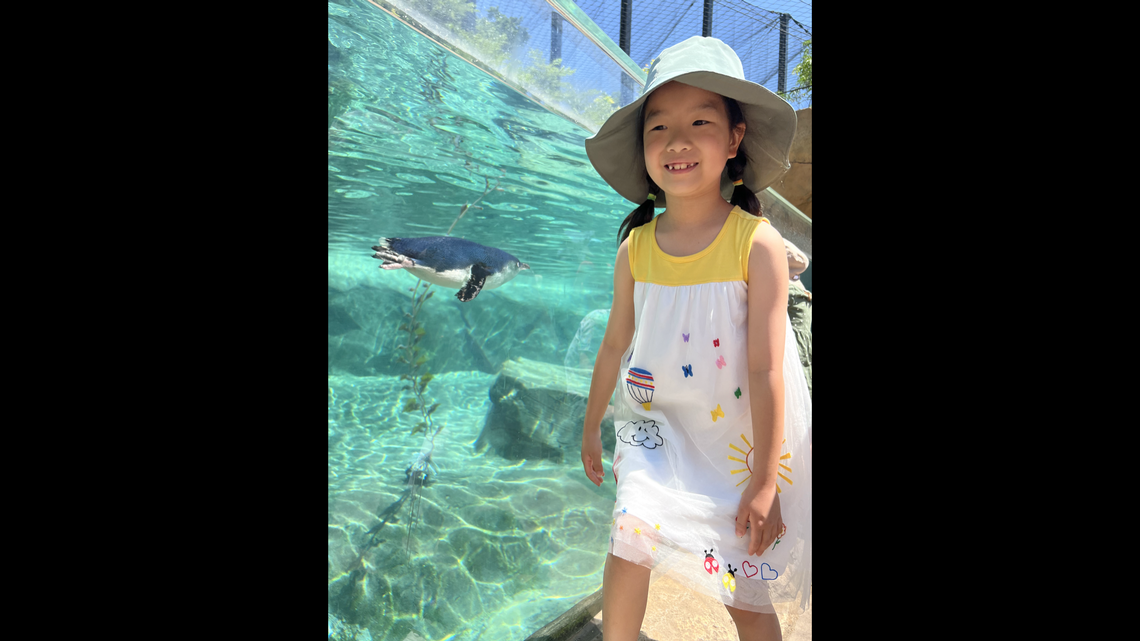Lexington third-grader wins national competition, earns trip to NASA research center

An elementary school student in Lexington has been named a winner in NASA’s third annual Power to Explore Challenge, a national writing contest with the intent of teaching students about the power of radioisotopes for space exploration.
Nearly 1,787 entries across 48 states and Puerto Rico were submitted in the competition. Rainie Lin, a third-grader at Rosa Parks Elementary School, was named the winner of the kindergarten through fourth grade contest.
Lin and the other winners, along with guardians, received invitations to NASA’s Glenn Research Center in Cleveland for a VIP tour of its world-class research facilities. Two other winners were also announced for grades fifth through eighth and ninth-12.
“The Power to Explore Challenge is the perfect way to inspire students – our Artemis Generation – to reach for the stars and beyond and help NASA find new ways to use radioisotopes to power our exploration of the cosmos,” Nicola Fox, associate administrator, Science Mission Directorate at NASA Headquarters in Washington said in a press release.
For the competition, applicants had to learn about NASA’s Radioisotope Power Systems (RPS) and write a short essay about a mission of their own enabled by these space power systems. RPS is described as a nuclear “battery” that is integral to many of NASA’s far-reaching space missions, according to NASA
Lin’s essay, titled, “Mission Gentoo,” is about an RPS mission to Enceladus, a moon orbiting Saturn. Enceladus’ surface temperature is extremely cold due to it reflecting most of the sunlight it receives, so the mission plans to use a lander spacecraft and mini-subs and study its surface features, composition and subsurface ocean while searching for signs of life.
“Researching Enceladus may help us back on Earth by extending our knowledge of Antarctica and the penguin’s habitat, hence the name Gentoo,” Lin wrote in her essay. “This knowledge could help us combat climate change and the disintegration of ice shelves, protecting the penguin’s habitat.”
In her application, Lin said she wrote the essay because she wanted to provide NASA with mission ideas. She also gave credit to her mother for the name of the mission and to her sister for the mini-sub idea.
NASA’s Science Mission Directorate’s RPS Program Office funded the challenge.


